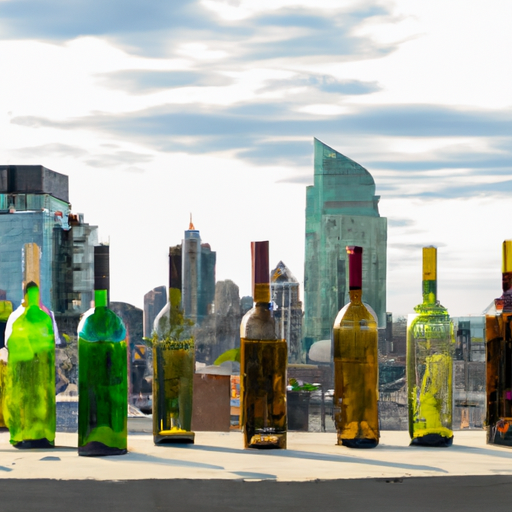Eco-Vintage Revolution: Discover the New Value of Old Cities!

In a world dominated by globalization, consumerism, and mass production, the principle of “do it yourself” is coming to the forefront, and old technologies are gaining importance, becoming not only trendy but also more environmentally friendly. An example of this revolution is the discovery of the ecological value of revitalized wines from old cities. By applying eco-vintage principles, exciting recycling projects are being created that fit into the “zero waste” trend, while also promoting many elements of wine culture.
Old cities are an inexhaustible source of ingredients that can be used to produce ecological wines. Traveling along historical paths, one can come across wild grapevines, ancient grape varieties, and sometimes even forgotten but still functioning vineyards. Recycling principles dictate the use of everything the earth provides. Anything that grows spontaneously in historic areas can be used as material for the production of ecological wines in line with the philosophy of eco-vintage.
Can a drink produced from fruits that grew in an old city, without the use of artificial pesticides, be called eco-wine? For example, grapes that grew on wild vines next to a medieval fortress? Definitely! This is precisely eco-vintage: a return to the roots, to authentic wine culture, whose identity is based on ecological production and recycling. Finding ecological value in renewable wines is an excellent example of how to be an aware consumer and take care of the planet.
The challenge we face is not only to introduce the philosophy of eco-vintage into our cities but also into our everyday lives. Finding ecological value in what is old, understanding that recycling is not just about waste separation but above all about intelligent use of available resources. Eco-vintage wines are not just about taste and aroma; they represent a broader philosophy of life, a healthy and responsible alternative to mass production.